Ever wondered what all those symbols on personal care products mean? It’s great there are are so many certifications and labels these days, but it can definitely be misleading and confusing. Seeing all the symbols and what they mean was helpful for me:
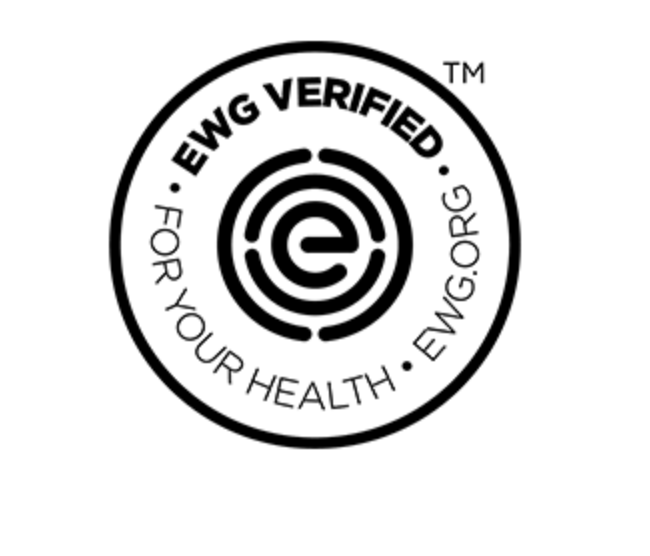 EWG Verified
EWG Verified
This means a product meets the Environmental Working Group’s strictest standards for health. If a product is verified, it means it has EWG’s mark of approval and does not contain any chemicals of concern based on EWG’s database of chemicals + research (this could be different than another organization’s opinion of the same chemical). While some have criticized EWG for overstating risks with chemicals, I’d rather consult an organization that could be exaggerating than take a risk with a chemical that doesn’t have a lot of safety research. Especially when it comes to children, I’d rather be super cautious than find out in 10 years that a chemical is a carcinogen. Some day, I hope we have more scientific research on many of these chemicals, but for now, EWG will have to do.
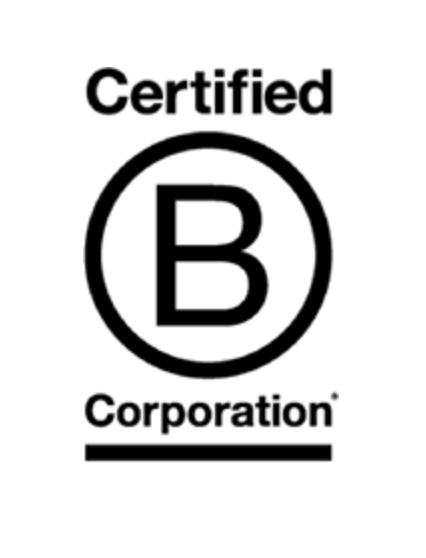
Certified B Corporation
Businesses that are Certified B Corporations meet the highest standards of verified social and environmental performance, transparency, and legal accountability. These are business leaders who are trying to balance making a profit with doing good.
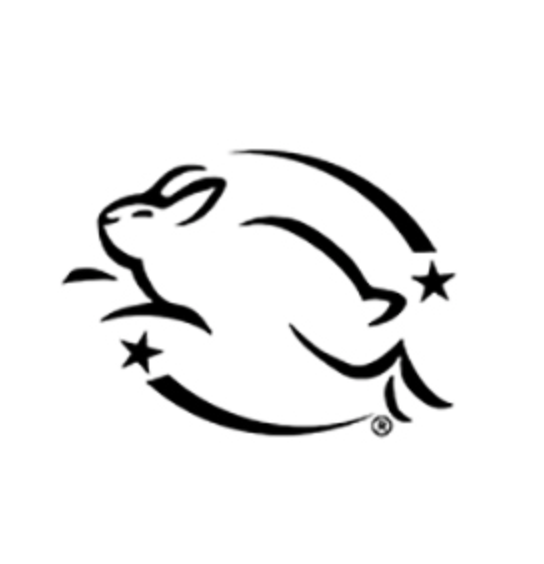
Leaping Bunny Certified
You can find this logo on cosmetics, personal care, and household + cleaning products. This means a product is free from animal testing and complies with Leaping Bunny certification criteria, which is considered the most trusted certification when it comes to not testing on animals.
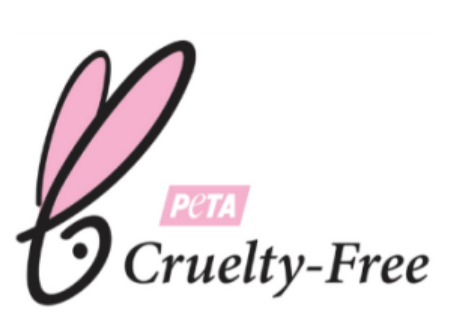 Cruelty Free
Cruelty Free
This means a company and their ingredient suppliers do not conduct, commission, or pay for any tests on animals during any part of development, research, or finished projects. Though this label is PETA verified, no testing or monitoring occurs, so it’s up to the companies to be honest when using this logo.
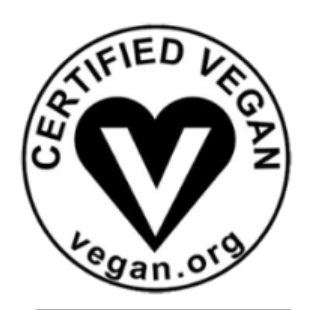
Certified Vegan
This means that no animal or animal by products, including bones, dairy, honey, fur, leather, wool, or down feathers are used in the product AND products are not tested on animals. The product must contain no known animal derived GMO’s’s or genes. This is verified by Vegan Action, but no testing or monitoring occurs, so it’s also up to the company to be honest with this one.
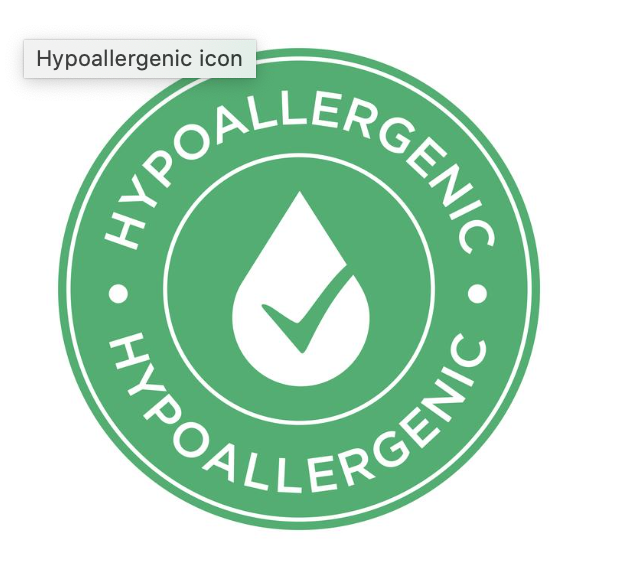
Hypoallergenic
This means that the manufacturer claims its product causes fewer allergic reactions than other products. Because there’s no agreed-upon scientific or legal definition of the term, the word “hypoallergenic” printed on a label doesn’t necessarily mean that a product is allergy-proof or any gentler on your skin. For example, it may not contain a common allergen like soy, but it could still contain unsafe chemicals that are unlikely to cause allergic reactions.
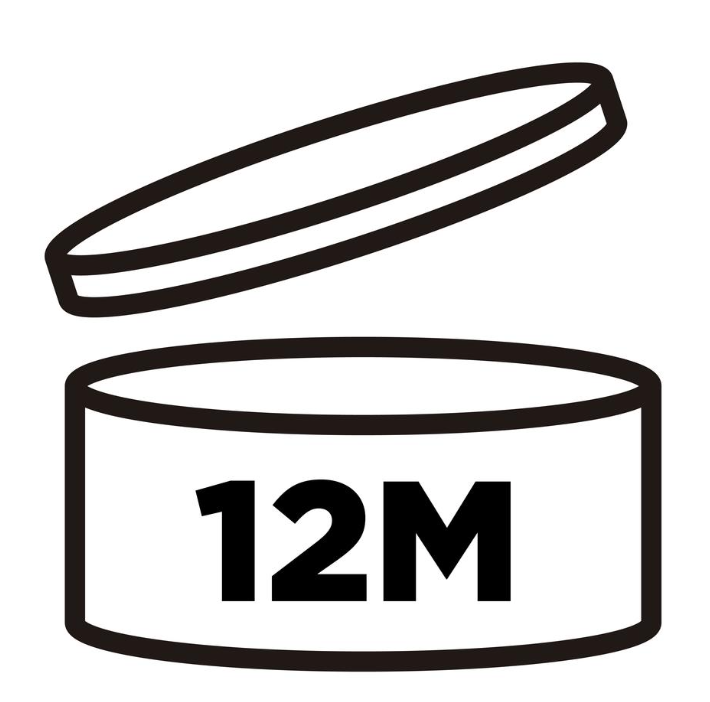
Months After Opening
This is an expiration date after opening a product. Cleaner beauty products will often expire sooner because they don’t contain as many preservations. Using products after the date could cause irritation or you might find mold growing if the product has mostly organic ingredients.
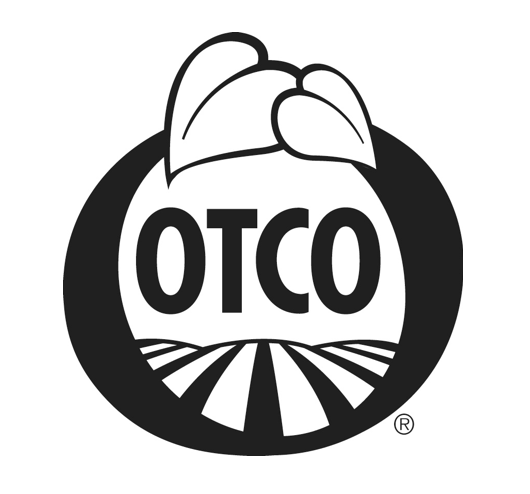 OTCO
OTCO
This stands for Oregon Tilth Certified Organic and is the most respected name in organic certification both nationally and internationally.
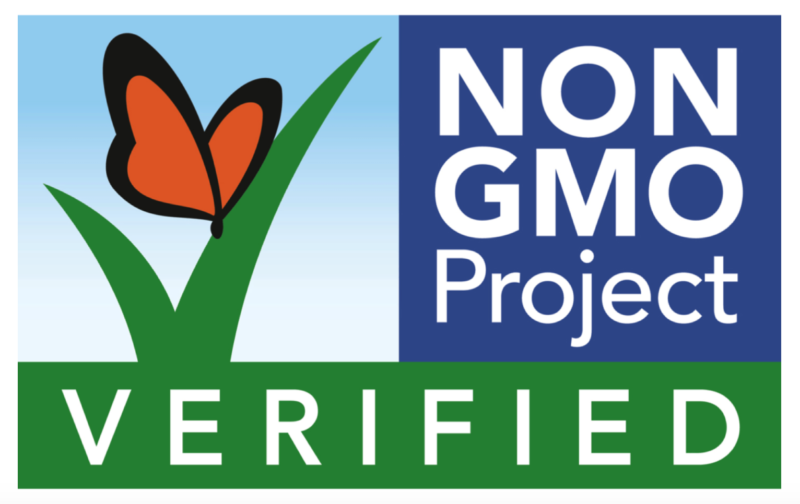
Non-GMO Project Verified
This means a product does not contain any plant, animal, or microorganisms that have been genetically modified in a lab. The Non-GMO Project is a non-profit that independently offers testing and verification, so you can trust that a product is in compliance if it has this label.
Reach out if you questions. Or, fill out this skincare survey if you’re looking for cleaner recommendations.
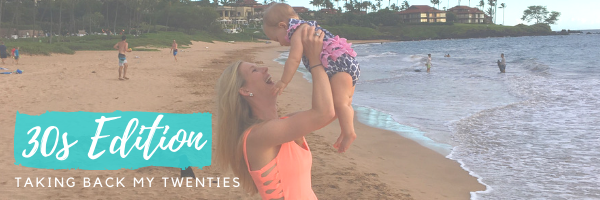
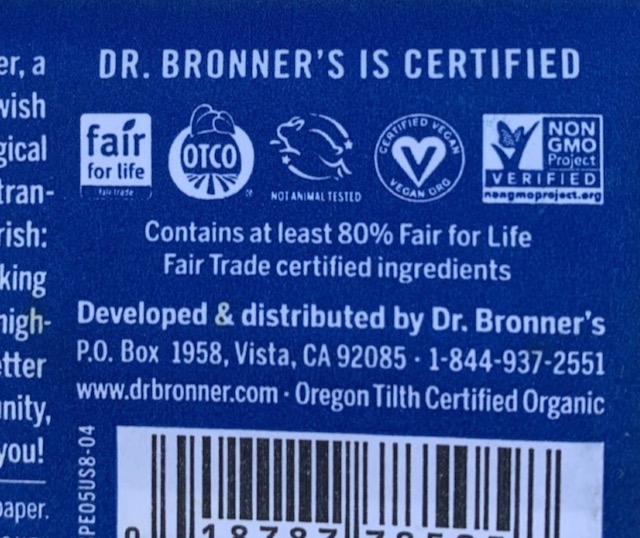
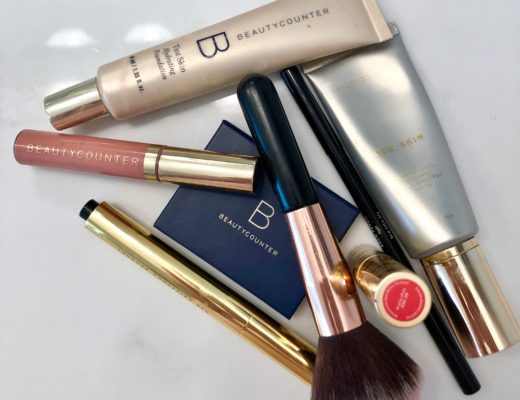
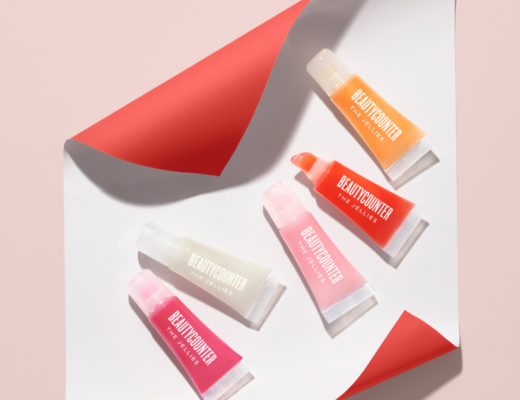
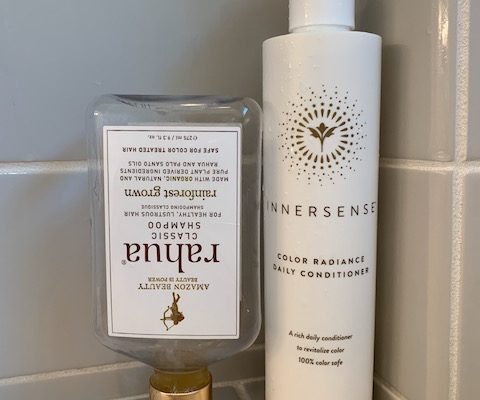
Hilary
May 27, 2020 at 4:43 pmThanks for this! I’ve heard that EWG Verified is something companies “partner with” (pay) EWG for. Meaning there are products equally good without the seal. Is this true?
Laura
May 27, 2020 at 8:54 pmYup, that’s true. However, EWG rates many products from companies who are not partners, so you can still use the Skin Deep guide to find more information about ingredients. For example, RMS beauty has many products that aren’t verified, but have a rating of 1, so I know they are a safer choice than say a product with an 8 rating. It’s kind of like USDA organic – if a product doesn’t have the verification because the company didn’t feel like paying to have it verified, it doesn’t mean it’s not a safe choice; but if it does have the verification, you don’t have to worry about doing any more research.